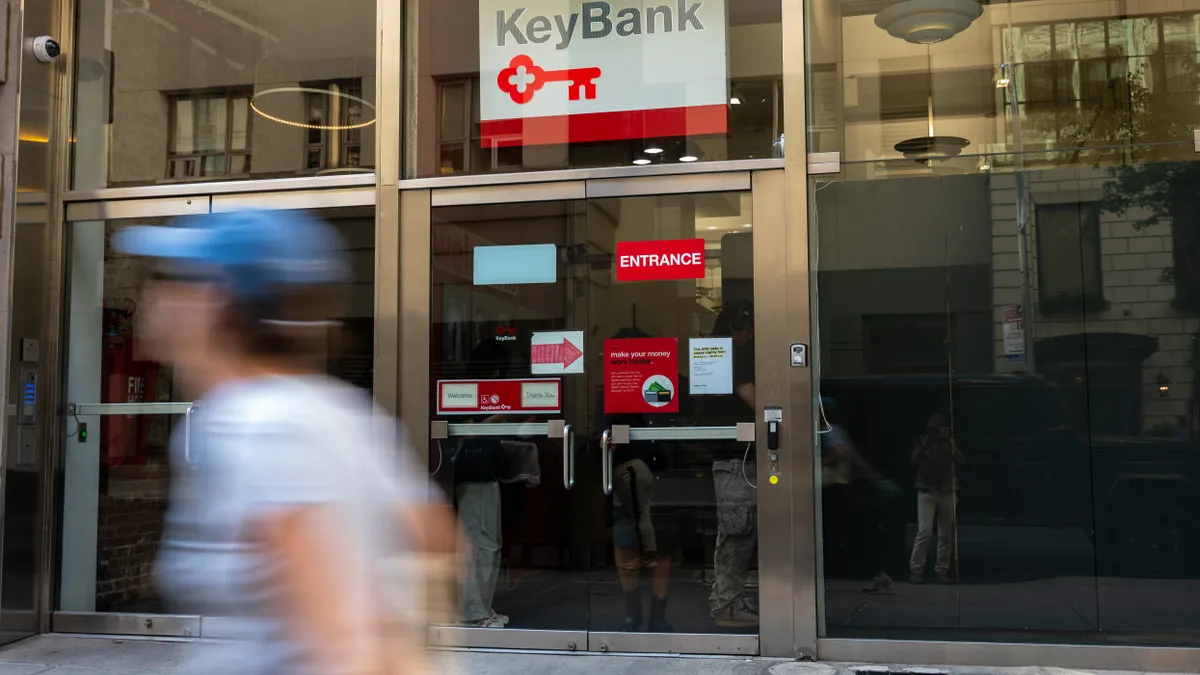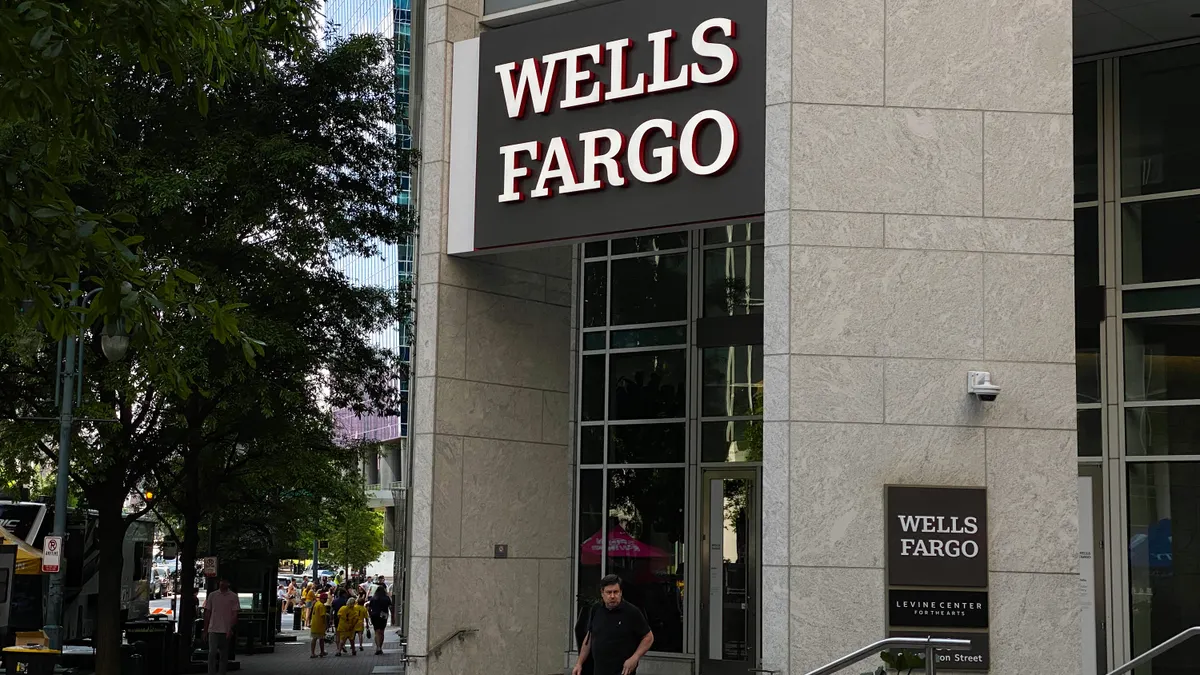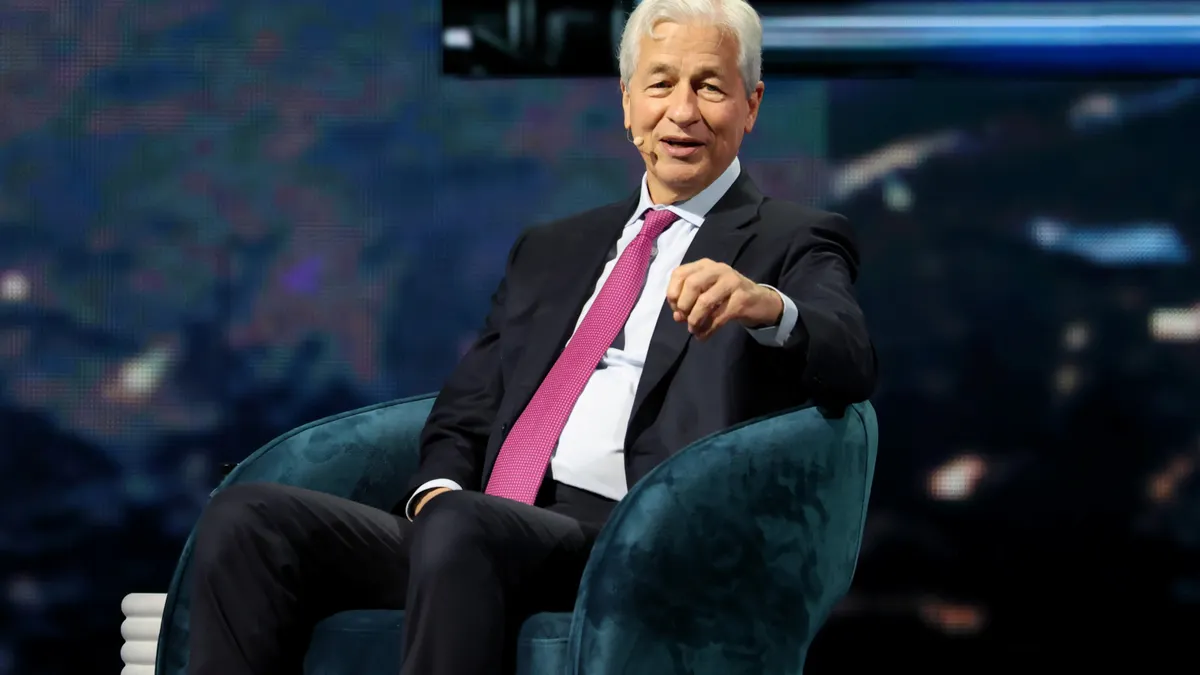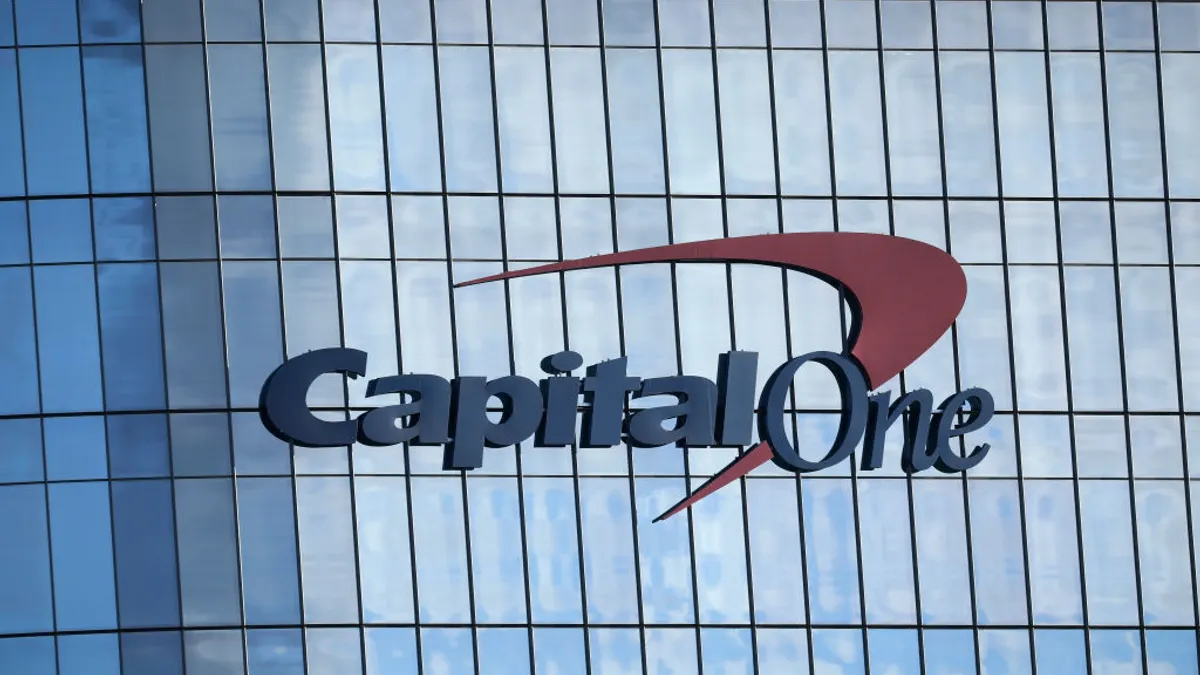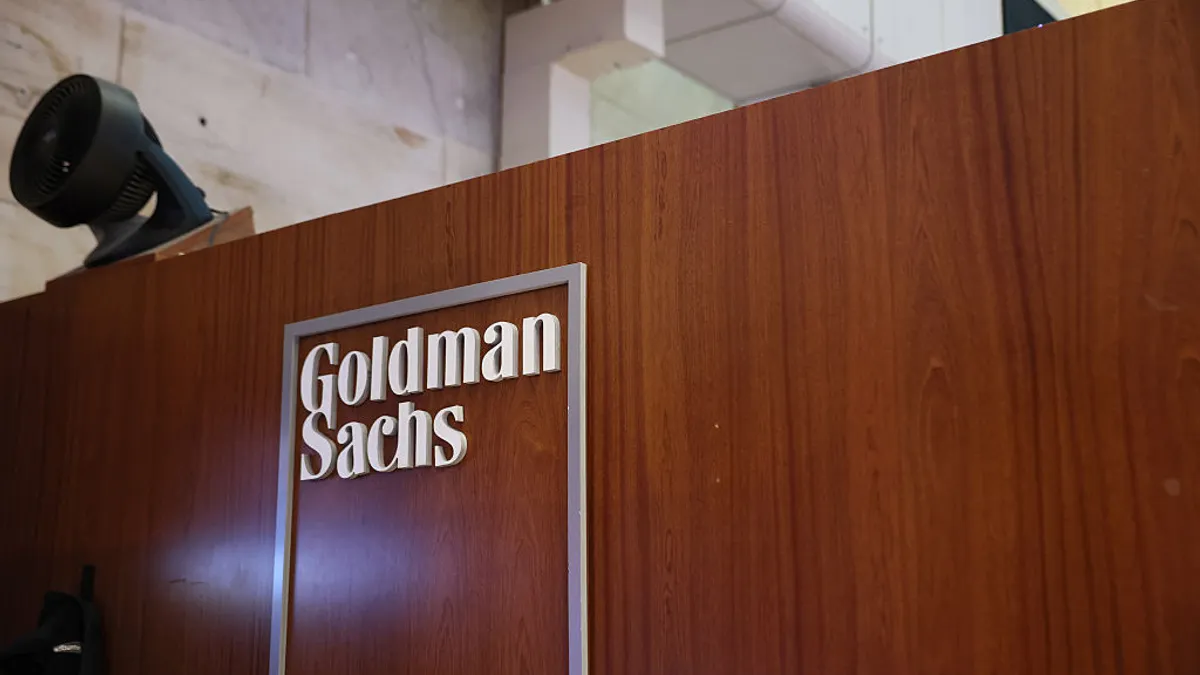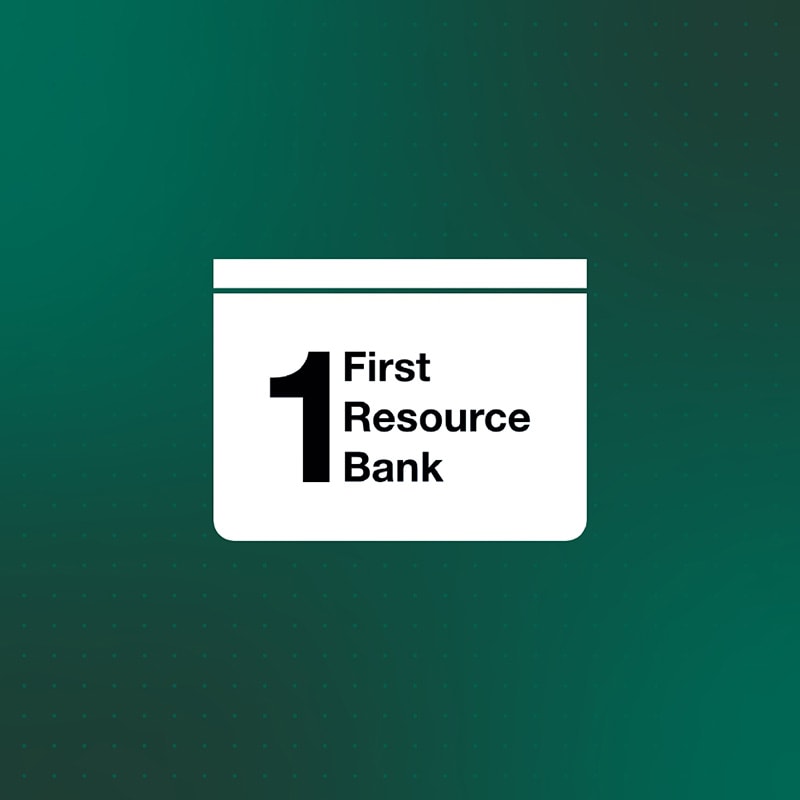JPMorgan Chase recorded a $170 million charge-off in the third quarter connected to bankrupt subprime auto lender Tricolor, executives said Tuesday.
“It is not our finest moment,” CEO Jamie Dimon said during a media call Tuesday.
Dallas-based Tricolor, which also sold used cars, filed to liquidate in bankruptcy court Sept. 10. Federal prosecutors are investigating the company over allegations of fraud, Bloomberg reported.
“When something like that happens, you could assume that we scour every issue, every universe, everything about how it could be taking place,” to make sure it doesn’t happen again, Dimon said during the media call. “You can never completely avoid these things, but discipline is to look at it in cold light, and go through every single little thing, which you can imagine we’ve already done.”
The $4 trillion-asset bank’s net charge-offs in the quarter totaled $2.6 billion, up $506 million. Charge-offs in the lender’s wholesale unit “were slightly elevated as a result of a couple of instances of apparent fraud in certain secure lending facilities,” CFO Jeremy Barnum said during the New York City-based bank’s earnings conference call Tuesday.
Dimon also underscored the company’s efforts to review its processes, procedures and underwriting approach, in the wake of such situations. “My antenna goes up, when things like that happen,” he said during the call with analysts.
“When you see one cockroach, there are probably more,” Dimon said. “Everyone should be forewarned on this one.”
The biggest U.S. bank had no exposure to auto parts maker First Brands, which collapsed in September, JPMorgan executives noted. Investment bank Jefferies disclosed last week that one of its credit funds had a $715 million exposure tied to that company.
When Dimon and Barnum were asked how they’re thinking about the Tricolor and First Brands failures as part of the broader landscape, Dimon noted the length of the current credit bull market and high asset prices.
“These are early signs there might be some excess out there,” the CEO said.
Cincinnati-based Fifth Third is another large lender affected by Tricolor’s collapse. Fifth Third said last month it had recently discovered “alleged external fraudulent activity at a commercial borrower” of the bank that could result in an impairment charge of up to $200 million.
Referring to scenarios involving apparent fraud, “at some level, a motivated party is going to find a way to do that, almost no matter what controls you put in place,” Barnum said during the media call. “But it's not like we don't have controls. We have a lot of controls. We try to minimize the risk of that type of thing.”
“Whenever something like that happens, we have to evaluate whether those controls are as effective as we want them to be,” he said. “Certainly, you would be correct in assuming that those reviews are taking place, and I'm sure that some adjustments will be made.”
For the megabank, the Tricolor exposure is small, Truist Securities analyst John McDonald noted. But “the bank remains diligent on managing credit exposures and is constantly improving its procedures,” he wrote in a Tuesday note.
The vast majority of JPMorgan’s lending to nonbank financial institutions is highly secured and not extremely risky, Barnum said during the conference call.
“Everything you do is, in one way or another, risky, but I'm not sure that our lending to the NBFI community is an area of risk that we see as more elevated than other areas of risk,” he told analysts.
Dimon said he believes “there will be additional risk in that category, that we will see when we have a downturn.” He said he expects it to be worse than others might predict, because the underwriting standards of other entities may be unknown.
A $1.5 trillion investment
On Monday, JPMorgan announced it’s allocating $1.5 trillion for a security and resiliency initiative, a 10-year effort to invest in and finance industries the company sees as crucial to economic security.
The lender will make direct equity and venture capital investments of up to $10 billion “to help select companies primarily in the United States enhance their growth, spur innovation, and accelerate strategic manufacturing,” the release said.
“We're using our financial resources to lend into the real economy, very broadly across the entire franchise,” and the announcement “is an extension of that,” Barnum said Tuesday.
The bank will focus on four areas, providing advice, financing, and, on occasion, investing capital in companies in supply chain and advanced manufacturing, defense and aerospace, energy independence and resilience, and frontier and strategic technologies.









